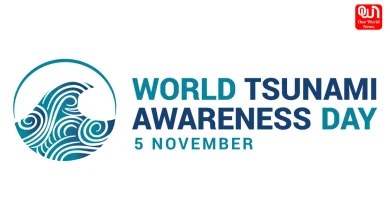What is PINK TAX? Theory and Example!
The term "pink tax" refers to gender-based price discrimination, in which goods and services marketed to women are more expensive than comparable goods and services offered to men. This practice affects several global businesses.
Pink Tax: Discriminatory Pricing and Impact on Global Businesses
The term “pink tax” refers to discriminatory pricing that raises the price of products marketed to women; it is not a real tax imposed by the government. It also applies to the practice of raising prices for services sought by women. The name of this phenomenon—which comes from the fact that many of the affected products are pink—is sometimes attributed to discriminatory pricing based on gender. Personal care items are among the industries with the highest visibility of gender-based price disparities. These consist of items like deodorants, soaps, lotions, and razor blades that are sold to either men or women.
One government research in the US examined 800 gender-specific items from almost 100 brands. According to the study, similar personal care items marketed to women were 13% more expensive on average than comparable items marketed to men. Adult clothing and accessories cost 7% and 8% more, respectively. “Women are paying thousands of dollars more throughout their lives to purchase similar products as men,” the study’s conclusion read.
Several nations, including Argentina, France, Germany, the UK, Australia, and Italy, investigated the pink tax. For example, in the UK, it was discovered that prices for toys, cosmetics, and clothing were on average 37% more for women and girls than for men.
Read More: Delhi Airport Upgrades: Elevated Taxiways, 4th Runway Inaugurated
Pink Tax in India :
In India, personal care products like shampoo, soap, and deodorant as well as apparel, toys, and accessories like jewelry are a few examples of items subject to the pink tax. Currently, vegan goods and cosmetics that haven’t been tested on animals are excessively taxed on women by being much more expensive.
According to studies, only 23% of Indians are aware of the term “pink tax” and how it affects the economy of the nation. Male contraceptives were exempt from tax because they were considered to be required, whereas tampons were considered to be a luxury and were therefore subject to a 12–14% GST tax.
The Indian government reduced the 12 per cent GST on sanitary napkins in 2018 only after relentless pressure from activists. This would not be a case of the pink tax because so little of the population uses menstrual sanitary products. It is still important to be conscious of this punitive tax on necessities, though, as doing so will only make the pink tax’s unjustified financial burden worse.
Actions are being taken to lower the pink tax. The United Nations has asked countries all over the world to take measures to remove the pink tax to ensure that women participate fully and fairly in society and the economy.
Like this post?
Register at One World News to never miss out on videos, celeb interviews, and best reads.








